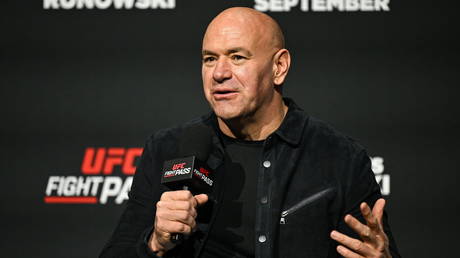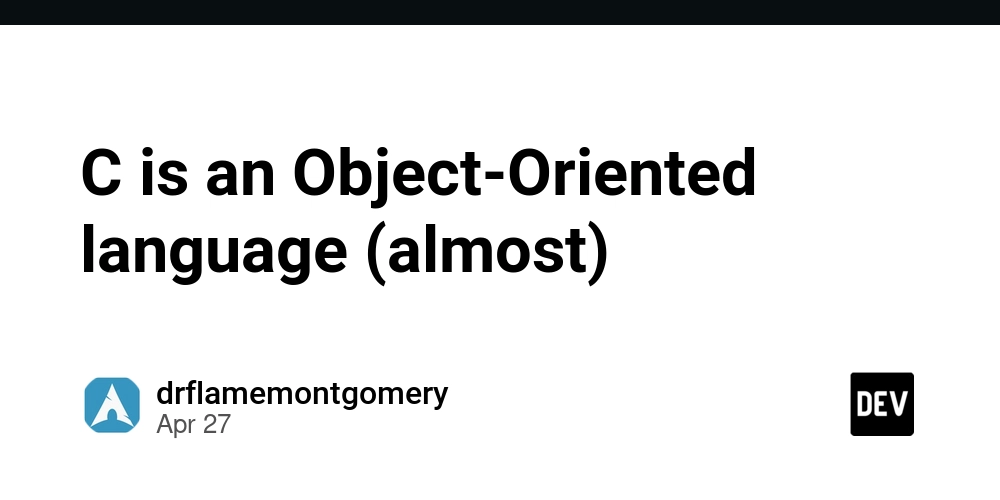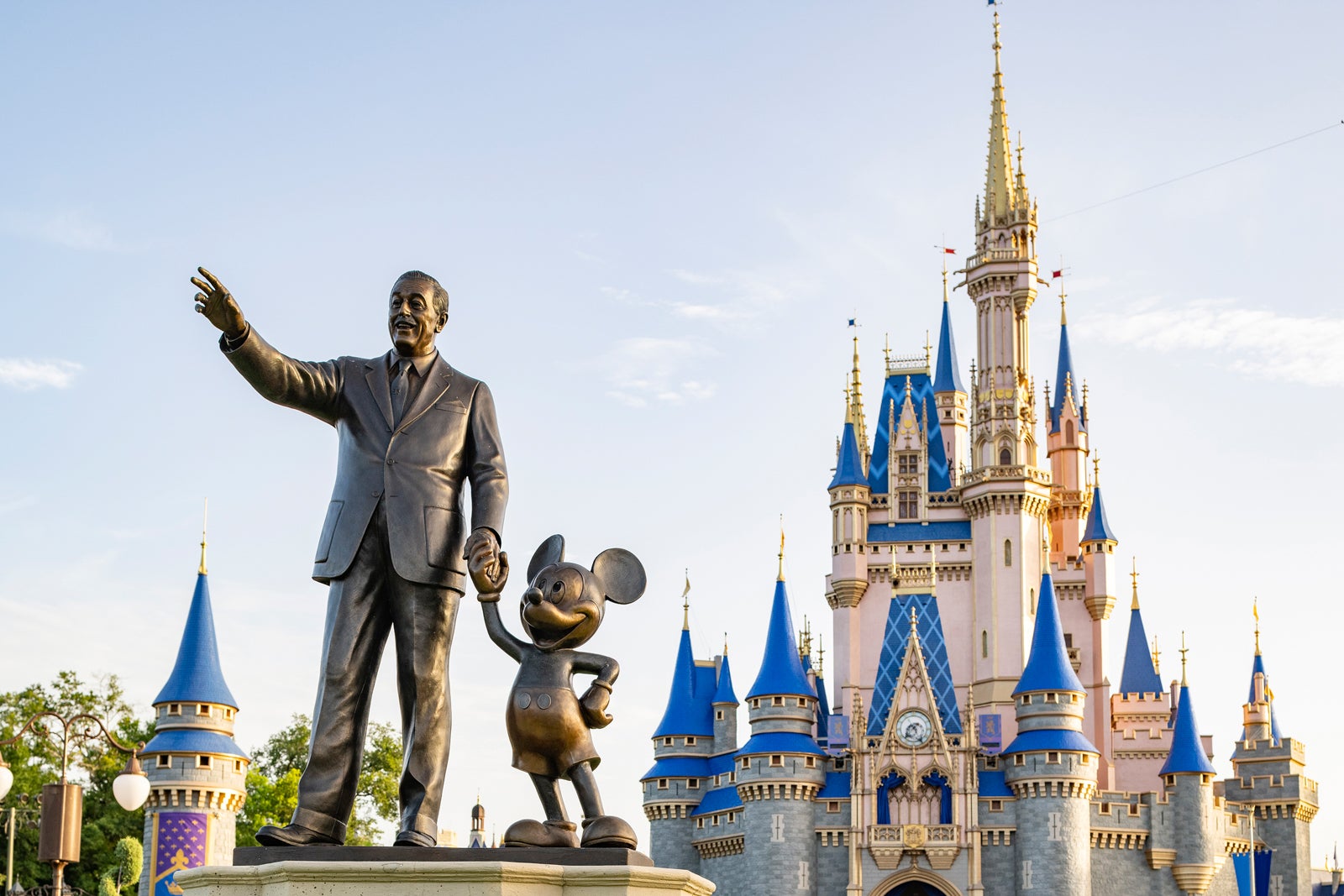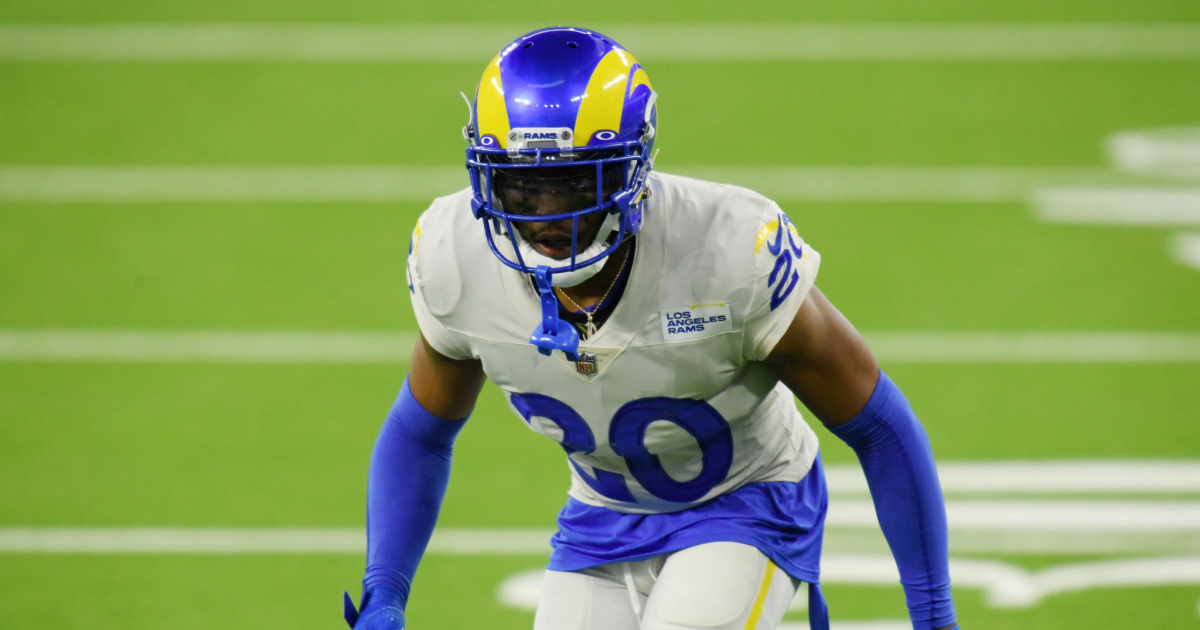Local government, the last line of defense against the scourge of sports gambling
It should not be up to individuals or even advocates to get sportsbooks to change their behavior.

Earlier this month, the City of Baltimore announced a lawsuit against the two largest sportsbooks in the U.S. — Flutter, the parent company of FanDuel, and DraftKings. The suit charges the companies with exploiting vulnerable Baltimore residents, plying them with deceptive bonus offers and cultivating problem gambling, all in the pursuit of profit.
This complaint likely represents the first suit ever brought by a city government against a gambling company for its exploitation of its residents. As lawmakers and public health advocates consider how to make sports betting safer, this lawsuit from a major city may have cracked the code on a new way to hold sports betting companies accountable.
Baltimore’s allegations against FanDuel and DraftKings reflect mounting evidence about the predatory design of legal sports betting. Studies find a correlation between a state’s legalization of online sports betting and reduced financial health for residents, including reduced savings for lower-income households.
Meanwhile, constant advertising, aggressive promotional offers, and seamless app interfaces have turned professional and college sports into an on-ramp for gambling addiction, especially for young men.
“Anybody under 25, they have their eye on,” one former FanDuel employee told me regarding their old company. Polls also find that African Americans are disproportionately likely to have an online sportsbook account, to bet multiple times per week, and to have taken advantage of a sportsbook sign-up promotion.
The new lawsuit is hardly the first attempt to hold DraftKings and FanDuel accountable in court. A public health advocacy group at Northeastern University has filed a class-action lawsuit against DraftKings over deceptive advertising in Massachusetts, and multiple former gamblers are suing the company in New Jersey over predatory practices, including VIP programs that target large-volume bettors.
It should not be up to individuals or even advocates to get sportsbooks to change their behavior. FanDuel and DraftKings, as they often boast, are sportsbooks that are accountable to regulators and raise tax revenue for states. But this arrangement puts state governments in a bind: how can it protect residents from gambling harms while also raising revenue from their losses?
This question explains the inaction thus far from states, which are the obvious candidates to put tighter clamps on sports betting. Various arms of state government are charged not just with regulating gambling but also with ensuring its profitability. One of the five official objectives of the Maryland Lottery and Gaming Control Agency is to “Support State government and good causes by maximizing sports betting contributions.”
Yet these contributions are not nearly as large as sportsbooks would have you believe. Sports gambling has always been a low margin business. In Maryland, sportsbooks pay a 20 percent tax on their profits (after a small increase in this tax rate was adopted last month). Still, it’s simply not a major moneymaker. Between December 2021 and the end of February 2025, Maryland has made a grand total of $154 million in tax revenue from sports betting. For reference, the state lottery raised $1.58 billion (more than ten times as much ) in revenue in 2023 alone. Total state revenue that year was $61 billion.
No matter how little money it makes in the grand scheme of the state budget, gambling represents a rare source of revenue that does not require new taxes. State lawmakers across the country have embraced various forms of gambling over the last few decades in the hopes that the revenue will present a painless solution to difficult budgetary challenges.
Cities have a different calculus when it comes to gambling. Maryland’s sports betting revenue supports public education programs, some of which, of course, help Baltimore students. But when it comes to statewide operations like the lottery or sports betting, cities do not directly benefit from gambling revenue like state governments do (Baltimore’s law firm confirmed to ESPN that the city does not receive any direct revenue from sports betting).
The result is that cities only indirectly see the benefits from gambling but directly see the harms associated with it. And these harms have significant social and financial costs. Gambling addiction has the highest rate of suicide among all addictions, and cities often bear some of the law enforcement and judicial costs associated with gambling addiction, from bankruptcies to theft to domestic violence.
Courts work slowly, and Baltimore’s case — if the city’s circuit court allows it to move forward — may take years to resolve. But sports betting needs to be made safer, and cities might be just the right challengers to the sports betting boom. Especially if other cities file their own complaints, sportsbooks would be forced to reconsider some of their more aggressive practices.
Regardless of their legal success, such suits would send a message about the need for better guardrails around gambling, and the role of local government in curbing the nation’s reckless bet on sports betting.
Jonathan D. Cohen is the author of “Losing Big: America’s Reckless Bet on Sports Gambling” (2025).










































































